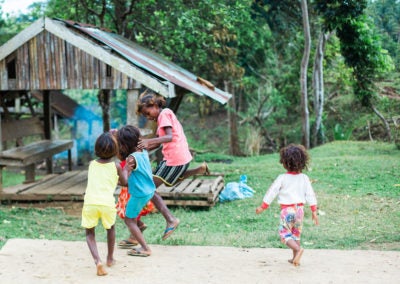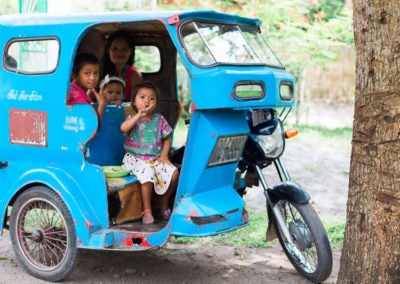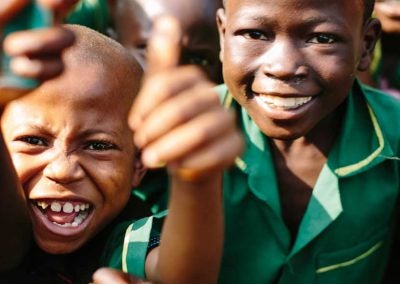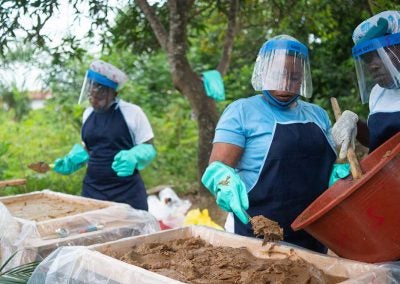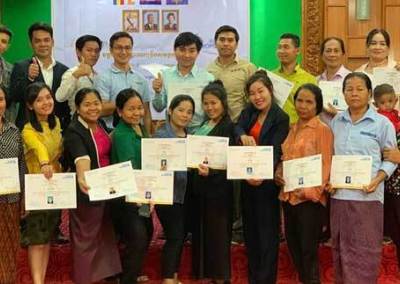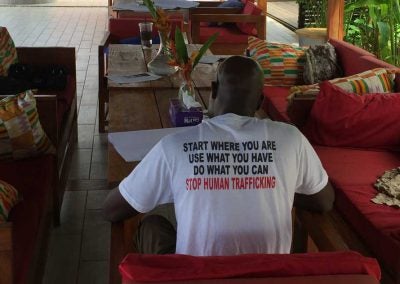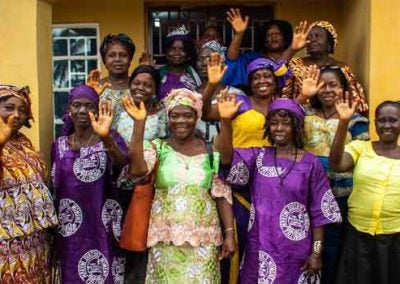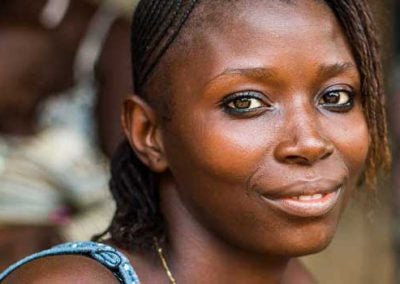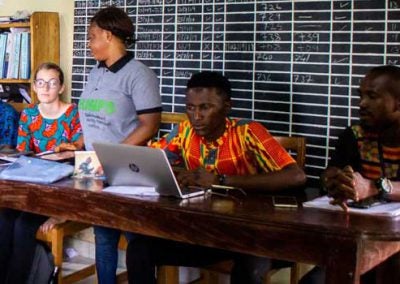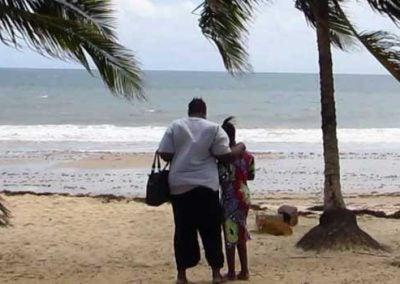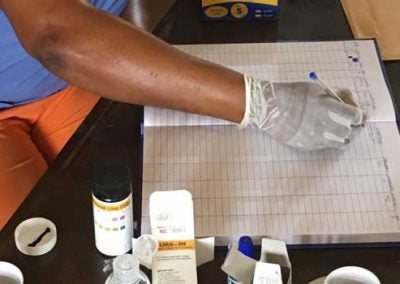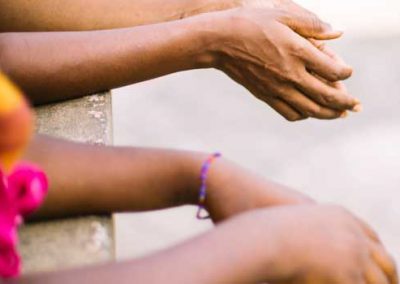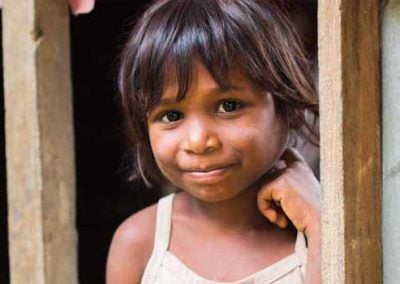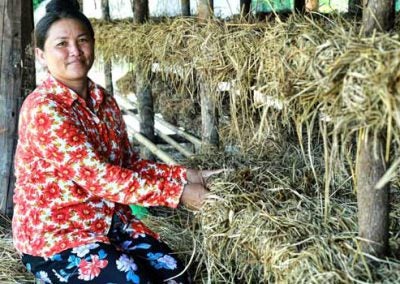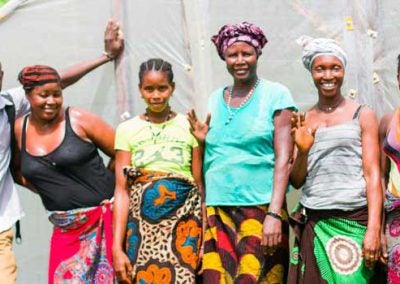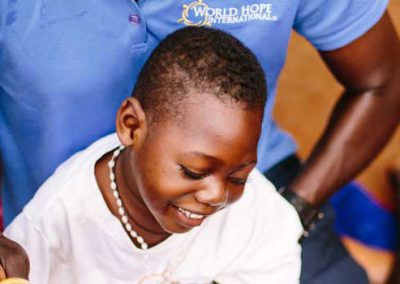Recovery Centre
Creating a safe space for survivors of human trafficking and building the pathways to prevention and justice are necessary for the battle against trafficking in persons.
Project Information
Resources
Trafficking in-person protection recovery center
The Government of Sierra Leone (GoSL) has made significant, if uneven, progress over the last decade addressing Trafficking in Persons (TIP). Threatening this progress, the Ebola outbreak created unforeseen difficulties that left Sierra Leoneans more economically fragile, lacking food security, and vulnerable to the tactics of traffickers.
That’s where the WHI Recovery Centre project makes a difference. The Recovery Centre provides comprehensive and safe residential care for survivors of human trafficking.
Sierra Leonean stakeholders (GoSL, Sierra Leone Police, NGOs, etc.) continue to identify and refer TIP survivors to the TIP Recovery Centre.
Project Goals
- The goal of the program is to provide holistic care to survivors of human trafficking.
Expected Outcomes
- Sustain ongoing intake and care of TIP victims through the provision of holistic, residential aftercare for female victims (as well as boys ˂10 years old) of any form of TIP
- Provide case management services for male victims (˃10 years old) of any form of TIP
- Advocate for survivor-centered investigations and prosecutions
- Foster survivor reintegration; and,
Strengthen multi-disciplinary partnerships
trafficking survivors provided with care & protective services in 2019
community group members trained in TIP victim's identification & protection laws in 2019
survivors supported by the recovery center in 2019
How It Works
The centre provides residential care for survivors while providing psychosocial, physical, and social support. The centre has also sheltered young women being trafficked.
WHI partners with the GoSL ministries and SLP in TIP investigations, victim identification, and perpetrator prosecution activities–thereby promoting public safety and rule of law, strengthening the social service safety net, and supporting the efforts of the Ministry of Social Welfare, Gender and Children’s Affairs (MSWGCA), Family Support Units (FSUs), and the SLP to provide services to TIP survivors and their families.
In these activities, WHI provides direct services, while GoSL ministries ensure minimum standards of care are followed, GoSL investigates crimes, and the judiciary prosecutes TIP cases.
Combatting TIP in Sierra Leone continues to require a robust, multidisciplinary and sustainable response.




